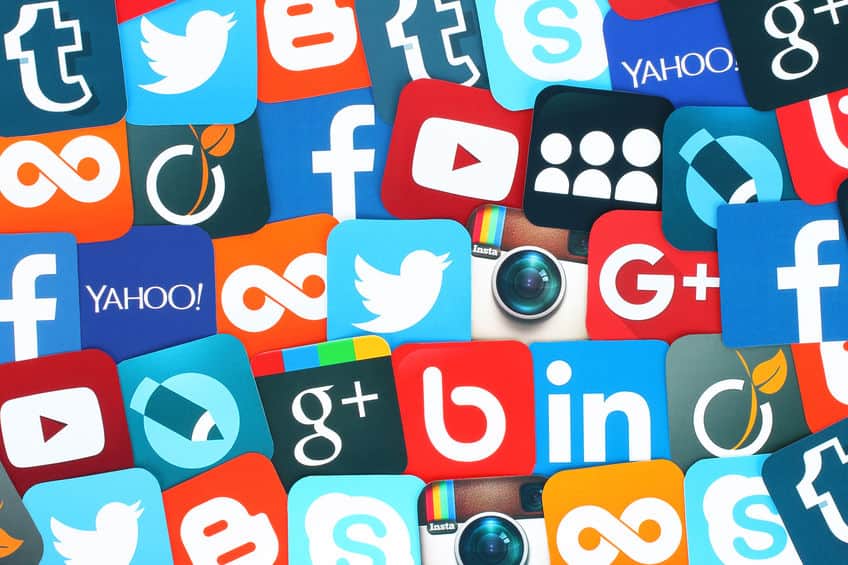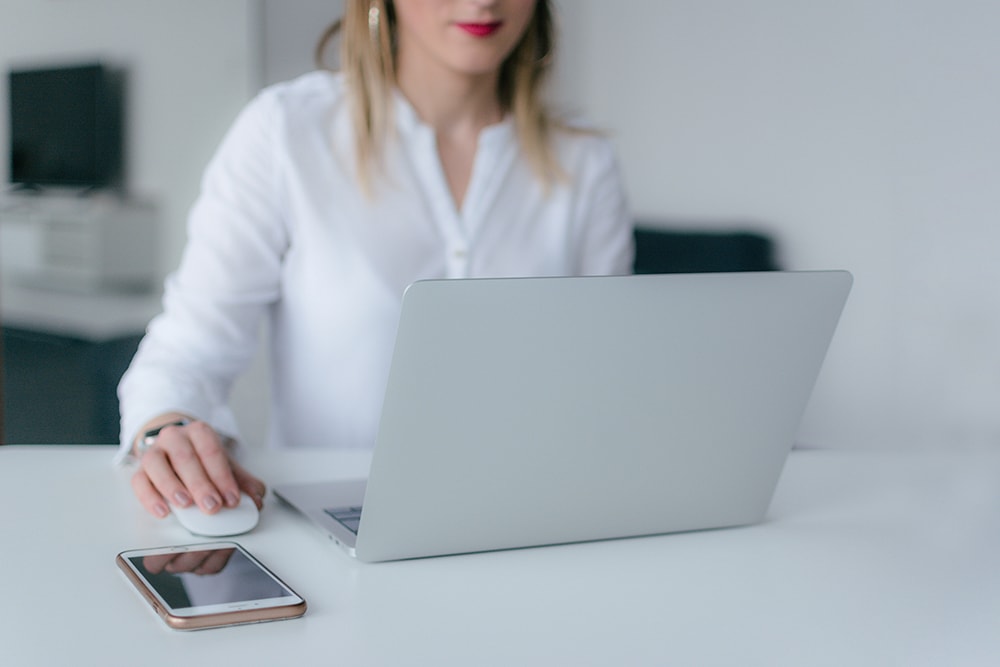There is no doubt that the coronavirus has affected all of us in some way or the other, as it has negatively affected everyone’s work and personal lives. These changes in our daily routine are already creating feelings of uncertainty among people who don’t understand how to avoid corona virus. Here are a few things to consider about mental health, stress, and how to best deal with the restrictions caused by the coronavirus during this time.
Feelings of Stress and Chronic Illnesses
People are generally in the dark about what is going to happen in the next few months, and while some countries have been successful in slowing down the spread of this virus, a lot of developing countries are still struggling to control this life-threatening virus. This causes panic in people and heightens levels of stress.
People with chronic illnesses such as hypertension, diabetes, or mental illnesses are more likely to be affected by this situation. Although, a lot of people are still optimistic and believe that the situation will improve in the coming weeks, people with chronic stress and anxiety or who aren’t mentally strong find it hard to keep themselves calm and motivated.
Unavailability of Healthcare Professionals
People who are diagnosed with clinical depression may feel even lower due to lack of activity and social engagement. With limited resources and few medical professionals available due to the current situation, a lot of people have to deal with their feelings of stress, fear and tension themselves. But there are alternative solutions for those dealing with mental health issues at this time.
Benefits of Telehealth Sessions
People who are already suffering from mental illness need to continue their ongoing medical treatment and should not be left without a medical support system. A great solution for those who are having trouble mentally is telehealth sessions, which work well for people who are quarantined or self-isolated, but still need help for mental illness.
Spending Quality Time with Your Family
Although quarantine may not seem like a positive experience, it is a great time to connect with your family and loved ones. Try to spend more time with your pets, children, siblings, and parents. If there is someone who has been infected, try to maintain a distance and avoid direct contact with them, but overall, this extra time at home is a great time to develop bonds.
Interaction Through Social Media Platforms
The most important thing to understand is the difference between social isolation and social distancing. With various types of gadgets, devices, and social media platforms, you can still interact and communicate with others while physically maintaining a distance with them.
Sharing of Fake News on the Internet
If you are not too tech-savvy, you can simply chat with your friends through phone calls. If you are tech-savvy, do your best to avoid any depressing news related to coronavirus on the internet, TV, or newspapers. Moreover, avoid sharing similar news or false information with others through email and social media platforms, especially Facebook and WhatsApp, YouTube and Instagram. By distancing yourself and helping to protect others from depressing information, you will be helping people avoid falling into stressful mindsets.
WHO and Coronavirus
The WHO has declared the current situation with the coronavirus a pandemic. So far, it has infected more than 200,000 people worldwide, affected financial markets, and has caused over 8,000 deaths globally. There are more than 5,000 positive cases in the US alone and more than 100 people have died so far. It is quite normal to be depressed and afraid due to uncertainty, but in countries like China and Italy where it has spread the most, the number of total recoveries has started to rise against the death toll.
Research and Statistics
Universities in McMaster and Toronto have started research to develop vaccines to treat the coronavirus. If you can, try to learn from facts and figures to help reduce your anxieties or to make yourself more educated. This is the best way to cope with stress and feelings of depression and anxiety caused by the virus.
How to Avoid Excessive Stress
A lot of information can be misleading and can elevate stress and panic among people. Don’t believe any and all news that you see on the news and social media sites. Only trust the news you get from reliable sources and official sites. Stress is inevitable; however, the way you deal with it is what you can control.
Positivity and Optimism
If you were busy with your work or studies before the outbreak, then it is quite natural to feel sad or depressed about the current situation. However, overthinking something that is not under your control will make you sadder and more depressed. Try to remain positive and optimistic about the current situation.
Survival Anxiety and the Blame Game
Survival anxiety in these kinds of situations can be quite high because one can easily blame others. However, it is important to remain united during these tough times. These feelings of anxiety can be avoided or reduced through meditation and maintaining an active and healthy lifestyle.
Make sure to eat healthily and stay hydrated. You can do simple cardio workouts or aerobics at home, and you can also practice deep breathing exercises or aromatherapy to keep yourself calm and relaxed.
Keeping Yourself Busy with Indoor Activities
Try to entertain yourself with other hobbies and activities that you wouldn’t be able to do otherwise. You can complete various home chores such as cleaning your room, deep cleaning your kitchen, and gardening, or you can even pursue a new hobby such as painting or reading books. Binge-watching your favorite shows or movies is also something you can do to keep yourself entertained during social isolation.







